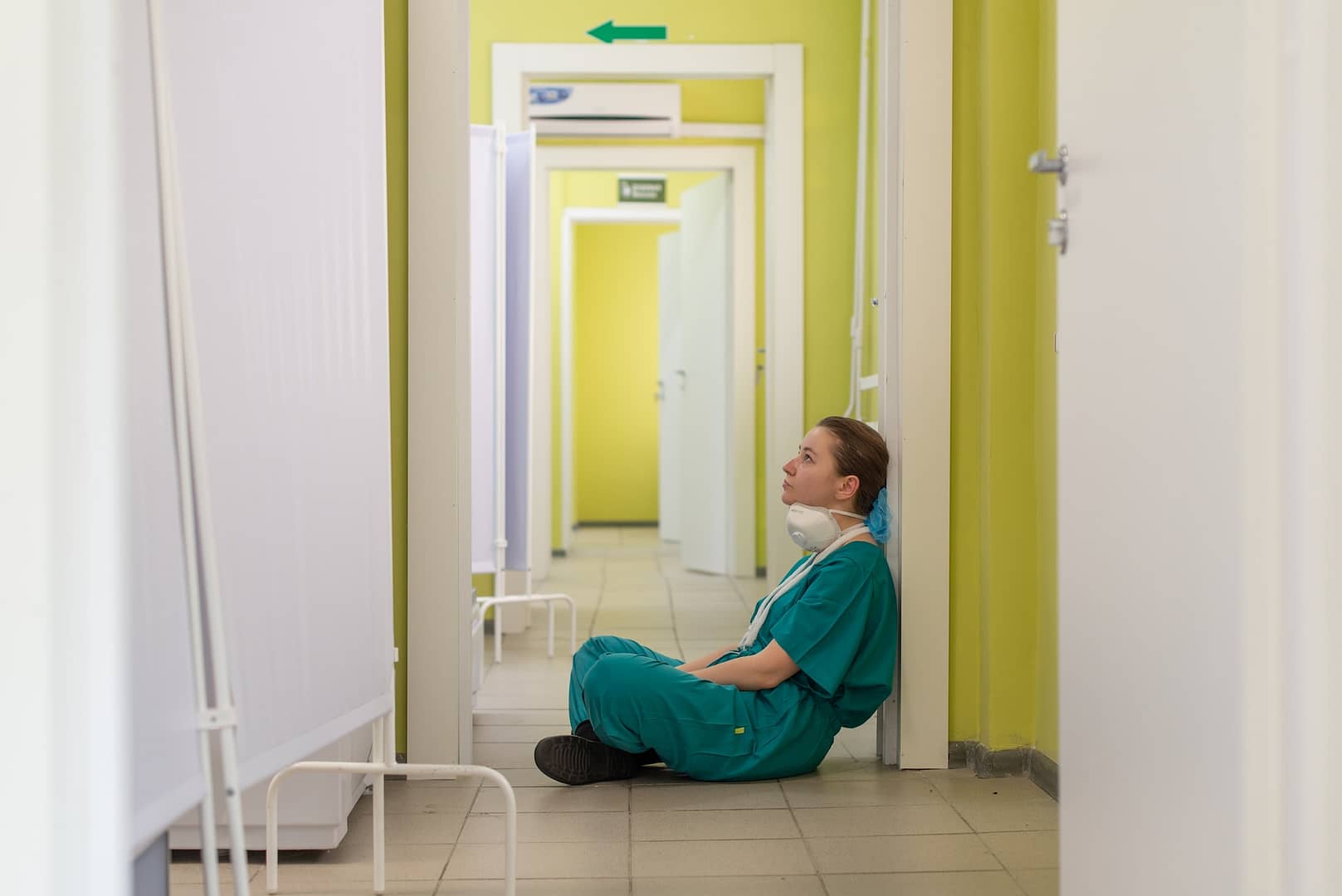When you go to a hospital, you trust the doctors and nurses to take care of you. But what happens if they make a mistake, like leaving a foreign object in your body after surgery? This is called hospital negligence, and it can lead to serious health problems. If this happens, you might be able to make a hospital negligence claim to get compensation for your pain, suffering, and financial losses. In this article, we’ll explain how hospitals can be held accountable, what you need to prove, and how much compensation you might get. Let’s break it down in simple terms.
What Is Hospital Negligence?
Hospital negligence happens when a hospital or its staff fail to provide the proper standard of care, causing harm to a patient. For example, if a surgeon leaves a sponge or tool inside your body after an operation, this is a clear case of negligence. These mistakes can lead to infections, pain, or even the need for more surgery.
According to the NHS Resolution Annual Report 2023/24, the NHS paid out over £2.6 billion in clinical negligence claims in the UK last year. Many of these claims were due to surgical errors, including foreign objects left in patients. This shows how common these issues are and why holding hospitals accountable is so important.
How Are Hospitals Liable in Compensation Disputes?
Hospitals have a legal duty to keep patients safe. If they fail, they can be held liable, meaning they’re responsible for the harm caused. Here’s how liability works in medical negligence claims:
- Duty of Care: Hospitals must follow strict standards to ensure patient safety. This includes proper training for staff and following surgical protocols.
- Breach of Duty: If a hospital doesn’t meet these standards—like failing to count surgical tools before closing a patient up—they’ve breached their duty.
- Harm Caused: You must show that the hospital’s mistake directly caused your injury, such as an infection from a retained object.
- Financial Loss: You may have lost money due to extra medical bills, time off work, or other costs.
For instance, a 2022 BBC News report highlighted a case where a woman in the UK had a surgical sponge left inside her for months after a C-section. She suffered severe pain and infections before the error was discovered. The hospital admitted liability, and she received a large settlement through a medical negligence compensation claim.
How to Prove Hospital Negligence
To win a hospital negligence claim, you need evidence. Here’s what you’ll need:
- Medical Records: These show what happened during your treatment and can prove a mistake was made.
- Expert Testimony: A medical expert can confirm that the hospital’s actions fell below the expected standard of care.
- Proof of Harm: Scans, test results, or photos showing the foreign object or injury can help your case.
- Financial Evidence: Receipts for medical bills or proof of lost wages show your financial losses.
The process can feel overwhelming, but you don’t have to do it alone. National Claims will help you get in touch with experienced solicitors who can guide you through your claim and fight for the compensation you deserve.
How Much Compensation Can You Claim?
The amount of compensation you can claim depends on the harm caused and your financial losses. In the UK, compensation for medical negligence claims is split into two parts:
- General Damages: This covers your pain, suffering, and loss of quality of life. For example:
- Minor injuries with full recovery: £2,000–£10,000
- Moderate harm, like infections needing treatment: £10,000–£50,000
- Severe harm, such as permanent damage or disability: £50,000–£200,000+
- Special Damages: This covers financial losses, including:
- Medical expenses (e.g., extra surgeries or medication)
- Lost earnings if you couldn’t work
- Travel costs for hospital visits
- Care costs if you needed help at home
For example, if a retained surgical tool caused a serious infection requiring months of treatment and you couldn’t work, your claim could be worth £50,000 or more. A medical negligence calculator can give you a rough estimate, but a solicitor will provide a more accurate figure based on your case.
The GOV.UK website on clinical negligence claims explains that compensation aims to put you back in the position you would have been in if the negligence hadn’t happened. However, each case is unique, so speaking to a solicitor is the best way to understand your potential payout.
Why Holding Hospitals Accountable Matters
When hospitals are held liable, it does more than just help the patient. It also pushes hospitals to improve their standards. For example, after a series of negligence cases, the NHS introduced stricter surgical checklists to prevent mistakes like retained objects. A 2023 article from The Guardian reported that these checklists have reduced surgical errors by 20% in some hospitals.
Moreover, making a claim can give you closure and the funds to move forward. Whether it’s paying for medical bills or compensating for your pain, a successful claim can make a big difference.
How National Claims Can Help
Navigating a hospital negligence claim can be tricky, but you don’t have to do it alone. National Claims will help you get in touch with experienced solicitors who specialise in medical negligence. They’ll guide you through the process, gather evidence, and fight for the compensation you deserve. With their support, you can focus on your recovery while they handle the legal side.
FAQs About Hospital Negligence Claims
Q1. What counts as hospital negligence?
Hospital negligence occurs when a hospital or its staff fail to provide proper care, causing harm. Examples include surgical errors, misdiagnosis, or leaving objects in the body.
Q2. How long do I have to make a claim?
In the UK, you usually have 3 years from the date of the incident—or from when you discovered the harm—to make a claim, as per the GOV.UK guidelines on clinical negligence.
Q3. How long does a claim take?
It depends on the case. Simple claims might take 6–12 months, while complex ones can take 2–3 years, especially if the hospital disputes liability.
Q4. Will I have to go to court?
Most medical negligence claims settle out of court. However, if the hospital doesn’t agree to pay, your case might go to trial. A solicitor will prepare you for this.
Q5. Can I claim if the incident happened in an NHS hospital?
Yes, you can claim against both NHS and private hospitals. The process is similar, but NHS claims are handled by NHS Resolution.
Conclusion
Hospital negligence, like leaving a foreign object in a patient, can cause serious harm and financial loss. By holding hospitals accountable through a hospital negligence claim, you can get the compensation you deserve and help prevent future mistakes. Compensation can cover your pain, medical bills, and lost earnings, with payouts ranging from a few thousand pounds to over £200,000 for severe cases.
If you’ve been affected, don’t wait to take action. National Claims will help you get in touch with experienced solicitors who can guide you through the process and fight for your rights. Start your claim today and take the first step towards justice.

We’re proud of our excellent customer reviews
We thrive on delivering exceptional service and ensuring our clients’ satisfaction. Don’t just take our word for it. Check out some of our independent reviews to see what our clients have to say.
Excellent

This firm is excellent, they sorted out my car pay out and injury claim very fast, they always communicate with you all the time.

My accident case was dealt with confidence and with great result of the outcome, especially James kept me informed all the time.

I was very impressed at the way my inquiry was treated. I was listened to attentively and everything I needed to know was explained to me.






